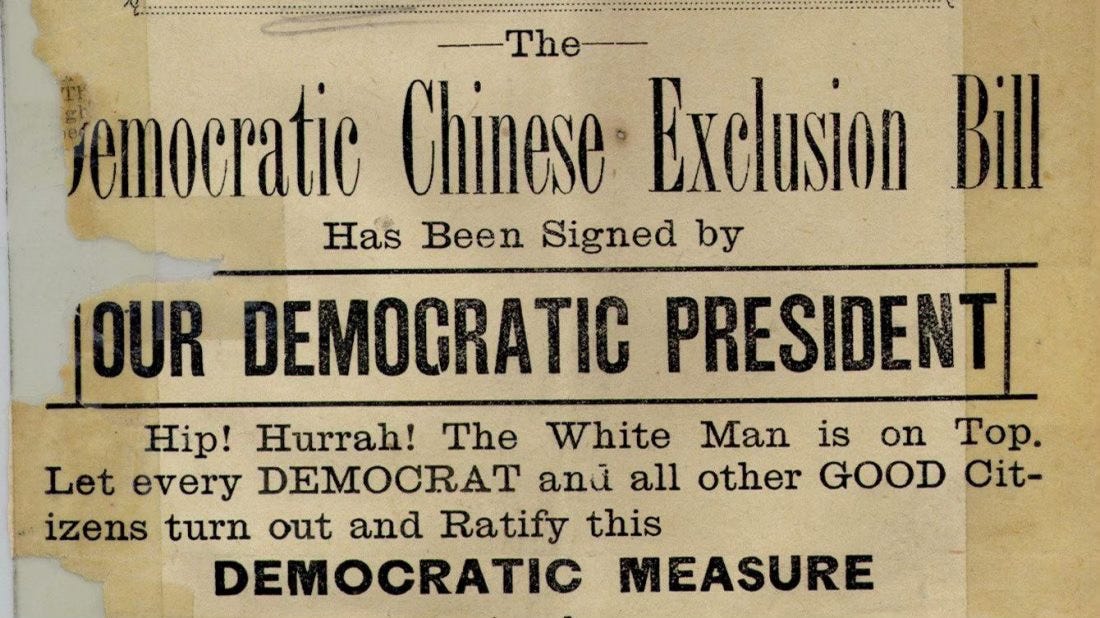Exclusion Act II
Biden: India, China and Japan Xenophobia, Prof. Wu Xinbo on Blinken's Visit to China, China should bail on US bonds, Cambodia’s Outreach to the West and Chinese Centrality.
Biden’s Racial Hypocrisy
President Biden says India, China and Japan are Xenophobic
“Why is China stalling so badly economically, why is Japan having trouble, why is Russia, why is India, because they are xenophobic. They don’t want immigrants. Immigrants are what makes us strong,” Biden remarked.
The US President was speaking at a Washington fundraising e…



